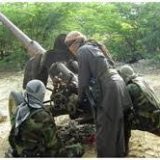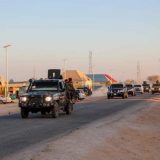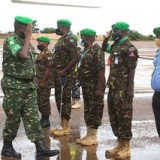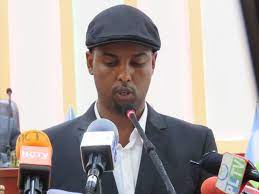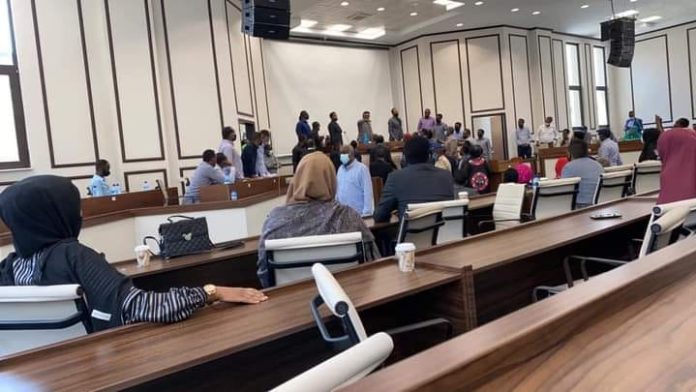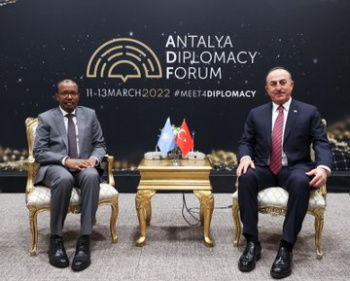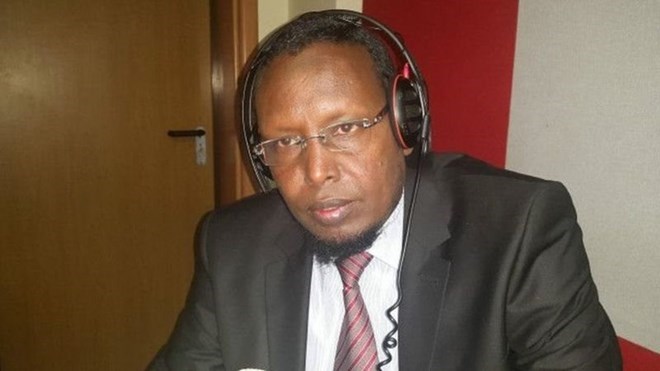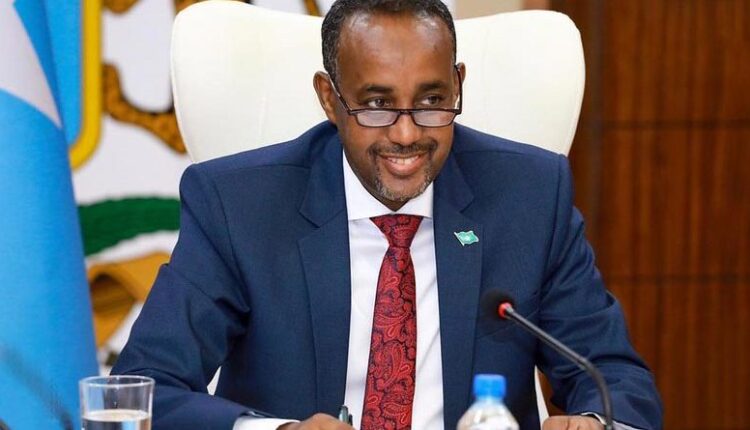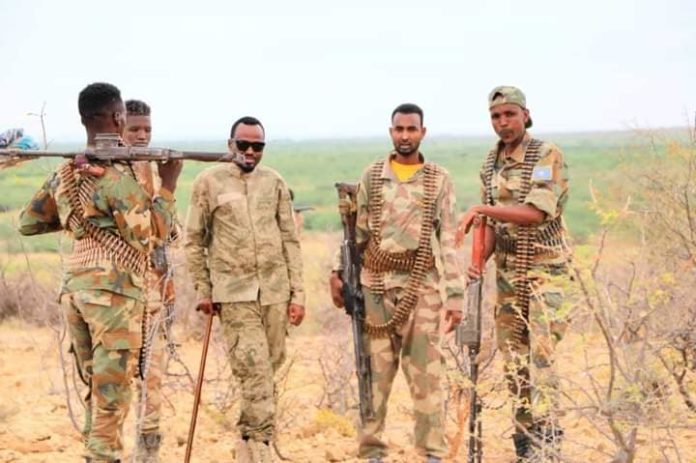Learning Lessons from Mandera
Mandera County is remote and largely unknown to most Kenyans, let alone to foreigners. It is an arid and sometimes forbidding region that borders Ethiopia and Somalia, a place of pastoralists and semi-pastoralists who live much as they have done for hundreds of years. For the county to suddenly be in the media spotlight following a suspected al-Shabaab attack must come as much a shock as the attack itself. For a Nairobi bound bus to be stopped and its passengers segregated according to supposed faith and then the non-Muslims murdered is a heinous crime, one that is as inexplicable as it is vile. For the families of the 28 victims this cold blooded act is one that will have far reaching ramifications and in all that follows it is important that the commentators, analysts and strategists do not lose sight of the human tragedy that has taken place. Mandera County has become the latest place to witness shocking violence, yet for all the understandable fear, anger and grief it is vital that this event is put in context and if possible some lessons learned. Such an arbitrary and senseless act is far from arbitrary and in the minds of its perpetrators far from senseless. As sentient human beings we must not allow our disgust and indignation to cloud our judgment. Certainly those seeking to understand and tackle such acts of terror need to pause, reflect and look for meaning.
Whether Kenya likes to admit it or not it is currently engaged in a war with those who see it or at least the policies, forces and instruments of the state as an enemy. Al-Shabaab and equivalent extremist groups are intent on demonstrating that they can inflict grievous harm as and when they choose. Terrorism is by its very nature is something that does not adhere to normal rules of international engagement, it is not remotely interested in the likes of the Geneva Convention. At its heart lies an iron conviction in its own perverted truth, one that calls night day and day night. Whilst it is easy to demonise those that perpetrate such acts, it needs to be remembered that many of those who are members of extremist groups are in their own way sincere, often naive and subject to a deep psychological grooming that ensures other realities, truths and narratives are filtered and expunged from their minds. Theirs is a belief in the just cause, that the ends justify the means and that the pain and suffering of some may liberate the many or at least open their eyes to a supposed Divine Truth and thus salvation. Down the ages countless religious and ideological groups have trodden a similarly bloody path. Religious war, class hatred, ethnic division have all been born out of hopes, persecution and both rational and irrational fear.
What we are witnessing today in Kenya is guerrilla warfare calculate to cause alarm and to generate the oxygen of publicity. The planners of such outrages as the Mandera County bus attack have already done their calculations. They know full well that a sizeable proportion of the media will go into overdrive, often using intemperate language particularly concerning Islam. On past experience with the Westgate Shopping Mall attack (2013) and others they know that elements of the Kenyan Police and Security Forces will go into overdrive and carry out arbitrary raids, arrests and random acts of brutality. Draconian measures and an often knee jerk ill-disciplined response will act as a veritable recruiting sergeant for various disparate groups intent on nefarious activities. These terrorist groups, who are often extremely adept at using the media, especially the social media, will exploit the ensuing xenophobia/islamophobia/somalophobia to the full. The resulting ‘us and them’ mentality suits them just fine. In addition they will anchor their narrative firmly in existing grievances, something which appears to strengthen their message and in their mind absolves them of any guilt should they have any for the crimes and suffering they have caused.
It is important to see that see that what happens in Mandera County is not an isolated incident, it is part of an ongoing war, one in which the veneer of truth has long since worn perilously thin and in which no side is free from blame. For all its much vaunted democratic credentials Kenya is a country that is not without its own troubles. Regardless of a religious element ethnic divisions abound and the division of natural resources are deeply unjust and what is more have become more so since Independence. Corruption amongst the political class, the police and security forces, the judiciary and most walks of life is endemic, something which is a root cause of the simmering resentment felt in certain quarters. For all the glossy tourist images presented to the wider world, the country is not at one with itself. The Mombassa Republican Council (MRC) is a secessionist grievance borne out of the sense of grievance and neglect felt towards to those in Nairobi. The recent raids of mosques and subsequent arrests have exacerbated matters and have appeared to confirm that the Central Government not only will not tolerate dissent, but is intent on targeting Muslims. Kenya’s military adventure into Somalia is another act that critics sight as evidence. Disputes over the location of the maritime border have raised concerns as to Kenya’s real motivation behind its rhetoric and as ever provides yet more ammunition for the country’s enemies intent on portraying it in a negative light. The fact that seemingly arbitrary attacks have often resulted in mass arrests, including of women and children and the looting of homes and extortion of money by members of the police and security forces has done nothing to help build trust. Barely a home in the Eastleigh district of Nairobi is without tales of the heavy handed, venal and sometimes brutal behaviour of those appointed to serve and protect the people. The fact that Western powers, normally so quick to speak up about human rights have invariably remained muted has compounded matters and in the eyes of some compounded the sense of conspiracy.
Put collectively this litany of grievances in the minds of some is magnified tenfold and becomes a ‘casus belli’, one used to corrupt and pollute the minds of the young, the rootless and those seeking purpose or adventure. Some of those perpetrating acts such as the Mandera County bus shooting are likely to be hardened to what they are doing, whilst others are almost certainly misguided individuals who have become attracted to a cause that they believe to be right. For all the horror of such attacks it is absolutely vital that the language used in response is temperate, that politicians of what ever hue resist the temptation to play up to cameras and seek to foster inter-ethnic violence. Those in leadership roles must ensure that the Police and Security Forces are used in a measured and disciplined way. The actions of a minority of extremist Islamic militants should not be used as the reason to question the loyalty of specific faith or ethnic groups.
Sadly, it is unlikely that this will be the last of such attacks. Wars by their very nature go through phases and require on-going vigilance. No administration in the world can guarantee 100% safety of its citizens, but there needs to be an appreciation that security is like an onion, it has multiple layers. Security measures will need to be reviewed, intelligence gathering improved and the public educated to appreciate the fact that they have a role to play as guardians of national and personal safety. That said, in a democratic society we must not lose sight of the importance of safeguarding rights and cherished freedoms, not least the freedom of religion. The Kenyan Government deserves credit for the progress that it has made in a number of areas, but if it is to win this war it will need to redouble its efforts, especially in the war of hearts and minds. Terrorist attacks are always designs to sow the seeds of mistrust, thus it is beholden on all rational and peaceable individuals to resolve to rebuild the channels of communications and trust. The task is certain to be a daunting one, one that require all Kenyans to pull together.
Mark T Jones
International Speaker and Leadership Specialist
http://www.marktjones.com
Sent from my iPad


